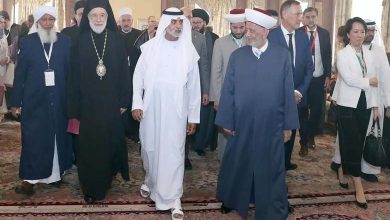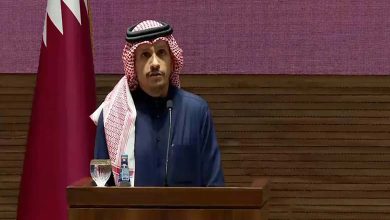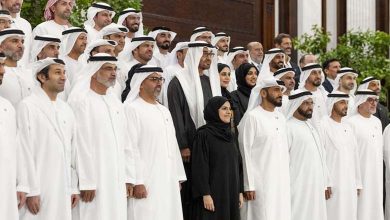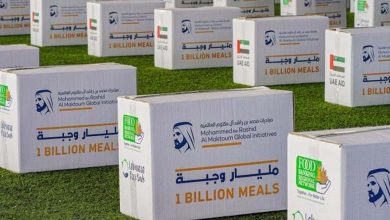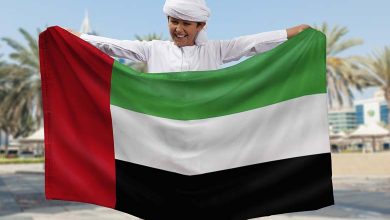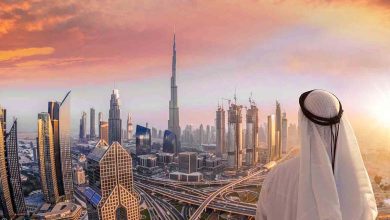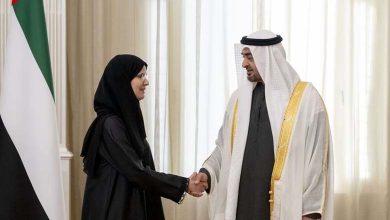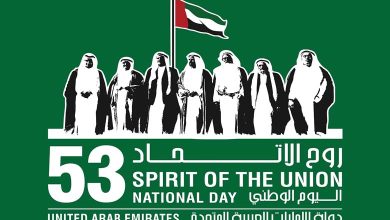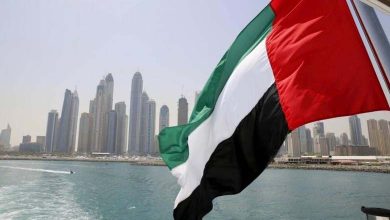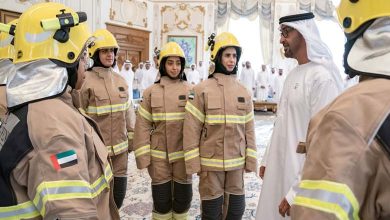Crown Prince: Saudi Arabia would strongly face those who threaten the Kingdom’s security

On Thursday, Crown Prince, Mohammed bin Salman, reported in a speech carried by state news agency SPA that Saudi Arabia will attack with an iron fist all those who threaten the Kingdom’s security and stability.
The Crown Prince related: Today, extremism is no longer accepted in Saudi Arabia, and it no longer appears on the surface. It has instead become rejected, disguised and alienated. However, we will continue to face any extremist behaviors and ideas.
He also stated: The Kingdom condemns and rejects every terrorist act or practice or action that generates hatred and violence, and is committed to confronting extremist rhetoric and rejecting any attempt to link Islam and terrorism. He said: We threaten all those who think about carrying out a terrorist act or exploiting hate speech, with a deterrent, painful and very severe punishment, adding: Our work today has become preemptive, and we will continue to strike with an iron fist against anyone who tries to harm our security and stability.
The Crown Prince’s alerting came after that the ISIS extremist group announced its responsibility for an attack on an event at a non-Muslim cemetery in Jeddah, where diplomats from France, Greece, Italy, Britain and the United States were presented. At least two people were injured.
It should be noted that on October 18, ISIS had appealed its supporters to target Westerners, oil pipelines and economic infrastructure in Saudi Arabia.
Economy and coronavirus pandemic
The Crown Prince declared that the Kingdom’s sovereign wealth fund, which is the Public Investment Fund (PIF) would give 150 billion riyals annually ($40 billion) in the economy in 2021 and 2022.
He said that the fund managed to create a higher return of investments at a minimum of 7 percent, from 2 percent since its founding, with some assets surpassing 70 percent and others making a return of more than 140 percent, and added that it became one of the key growth drivers for the Saudi economy.
The Crown Prince also reported that he was working hard on doubling the size of the Kingdom’s economy and diversifying it away from reliance on oil, and that the Kingdom made unprecedented achievements in less than four years..
He also evoked: Saudi Arabia is one of the biggest and most important economies in the world, and we are working hard on doubling the size of the economy and diversifying it… The government considers the non-oil Gross Domestic Product (GDP) as the main indicator for the success of our economic plans.
He added: In 2016, Saudi Arabia’s non-oil GDP was worth 1.8 trillion riyals ($480 billion), and we started planning to double that at a rapid pace. The result was accelerated growth in the past three years, at 1.3 percent in 2017, 2.2 percent in 2018, 3.3 percent in 2019 and more than 4 percent in the fourth quarter of 2019, despite some economic challenges.
Although the coronavirus pandemic and its consequences, the Kingdom is considered one of the 10 best countries in dealing with the economic impact of the pandemic among the G20 countries, the Crown Prince said, adding: We are optimistic that the growth rate will begin to acceleration as the pandemic begins to subside and life returns to normalcy. We will have one of the fastest growing non-oil GDPs among the G20 countries.
Otherwise, Saudi Arabia’s revenues reduced because of the historically decrease oil prices and reduced economic activity in the presence lockdowns and curfews applied to limit the spread of the coronavirus. Its oil revenues reduced 24 percent in the first quarter of this year to 128.771 billion riyals, while non-oil incomes decreased 17 percent to 63.3 billion riyals.
The Kingdom entered into a $9 billion budget deficit in the first quarter, and its central bank foreign exchange reserves dropped in March at their fastest rate in at least 20 years and to their lowest since 2011. To diminish the impact of the COVID-19 pandemic on its public finances and economy, Saudi Arabia declared on May 11 austerity measures, including reducing expenditure by 100 billion riyals ($26.6 billion), increasing VAT and suspending cost of living allowance.


